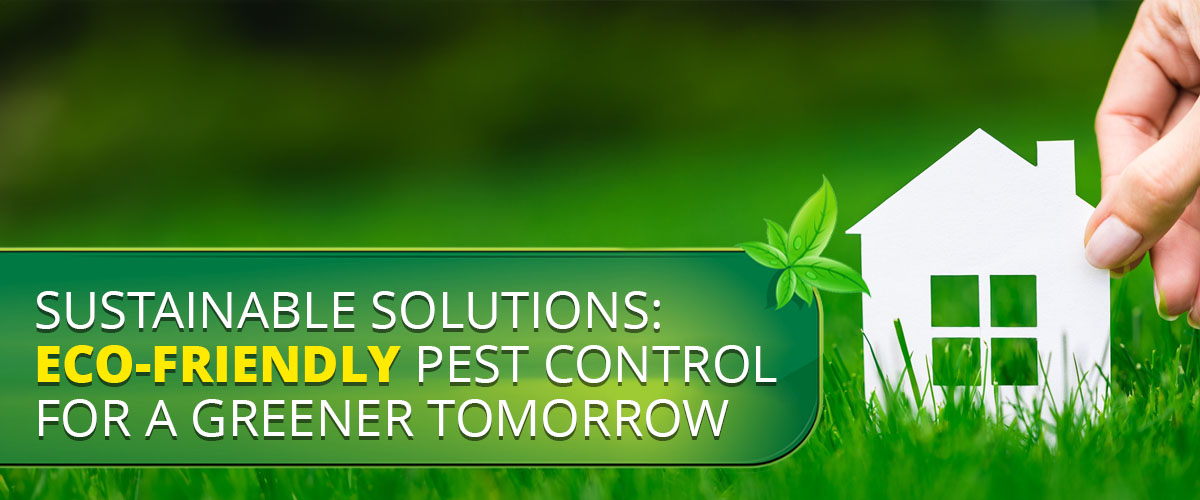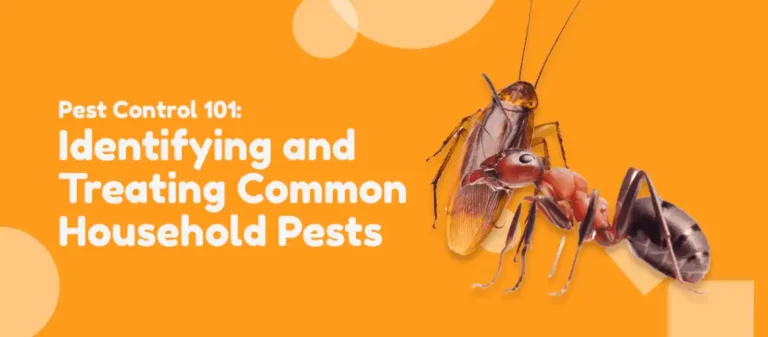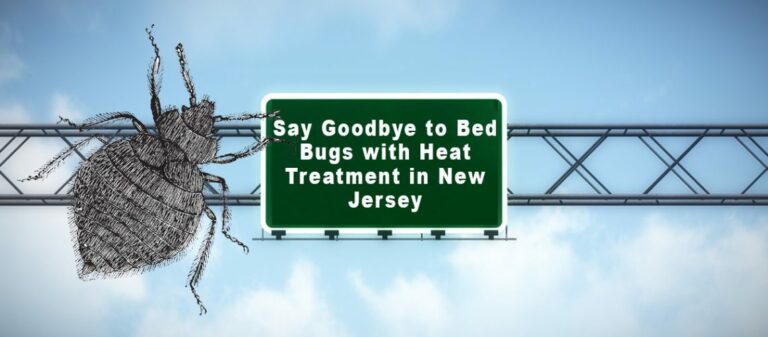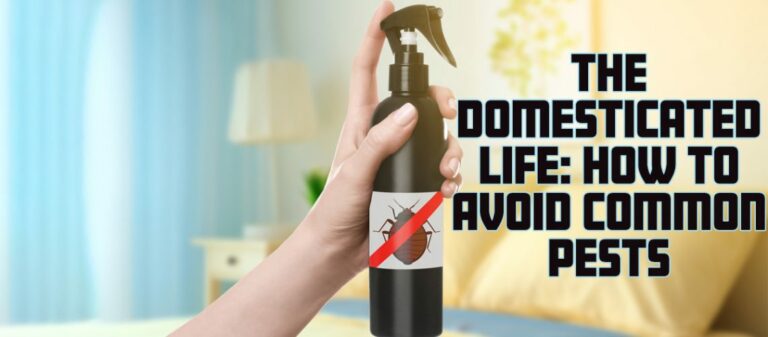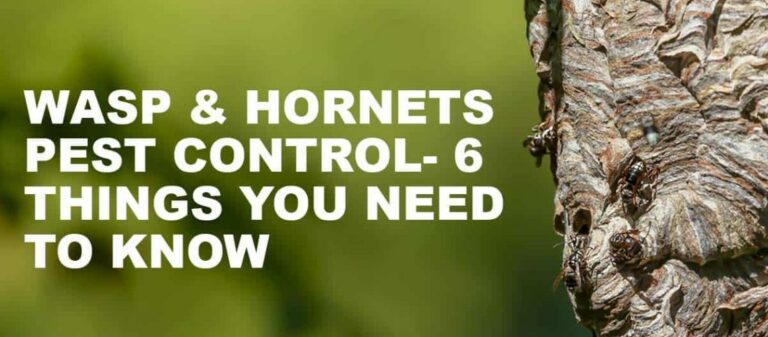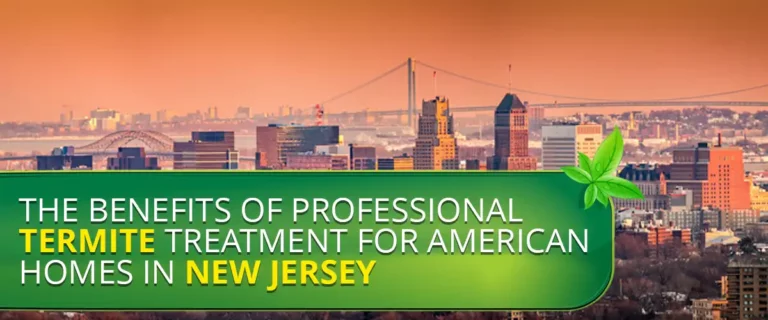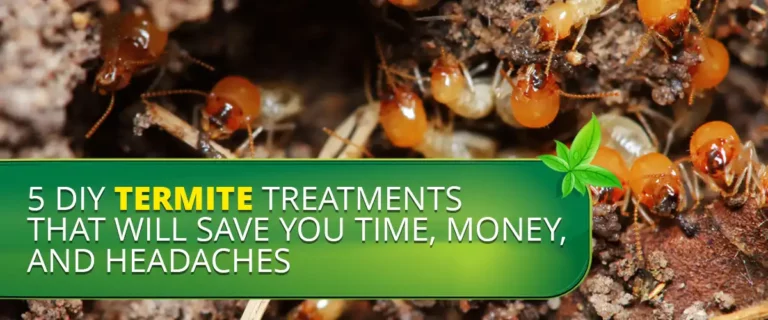Why do we continue to harm our environment with traditional pest control methods? Isn’t it time we embraced sustainable solutions for a greener tomorrow? Get ready to discover a new era of pest control that’s friendly to nature and your peace of mind. With the increasing focus on environmental sustainability, how we address pest control is transforming.
Moreover, as our understanding of the environmental impact of human activities grows, it becomes vital to adopt eco-friendly pest control methods that prioritize the well-being of ecosystems and humans alike. Additionally, traditional pest control methods often rely on harmful chemicals that can have dire environmental consequences. This blog also highlights the need for eco-friendly pest control and its benefits.
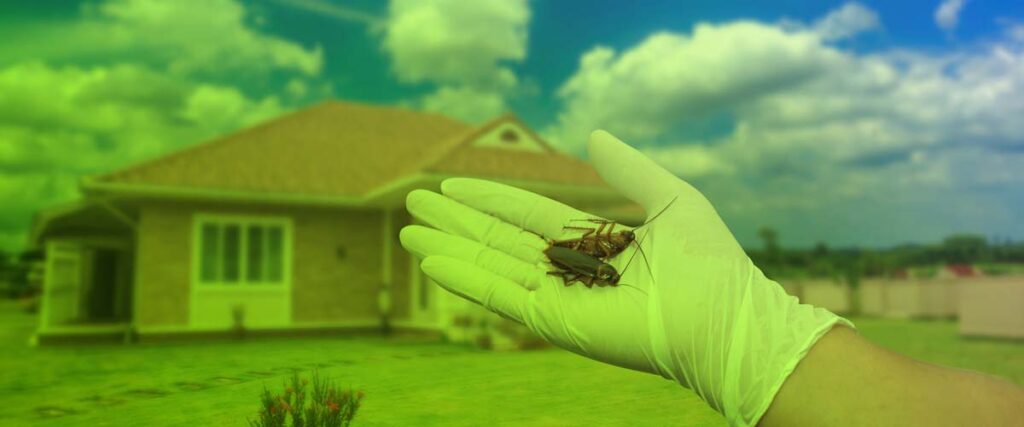
The Need for Eco-Friendly Pest Control
Eco-friendly pest control in New Jersey is of utmost importance for environmental health and safety. Conventional pest control chemicals also impose significant risks to ecosystems and human health. These risks include:
- Harm to non-target organisms, disrupting the delicate balance of ecosystems.
- The decrease in biodiversity results from the loss of beneficial insects and animals.
- The adverse effects on human health through direct exposure to chemicals.
Therefore, transitioning to eco-friendly methods can mitigate these risks, protect the environment, and promote the well-being of ecosystems and human beings.
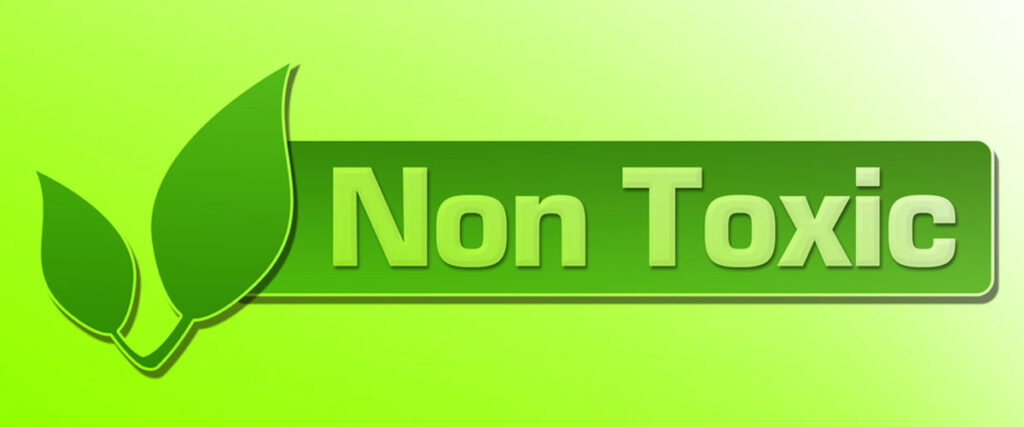
Understanding Eco-Friendly Pest Control
Eco-friendly pest control entails utilizing methods and techniques that prioritize environmental health and safety. It also involves using natural and non-toxic substances, biological control methods, and physical barriers. The benefits of using sustainable pest control methods include the following:
- Minimizing harm to non-target organisms.
- Reducing chemical exposure.
- Promoting ecological sustainability.
- Creating a healthier environment.
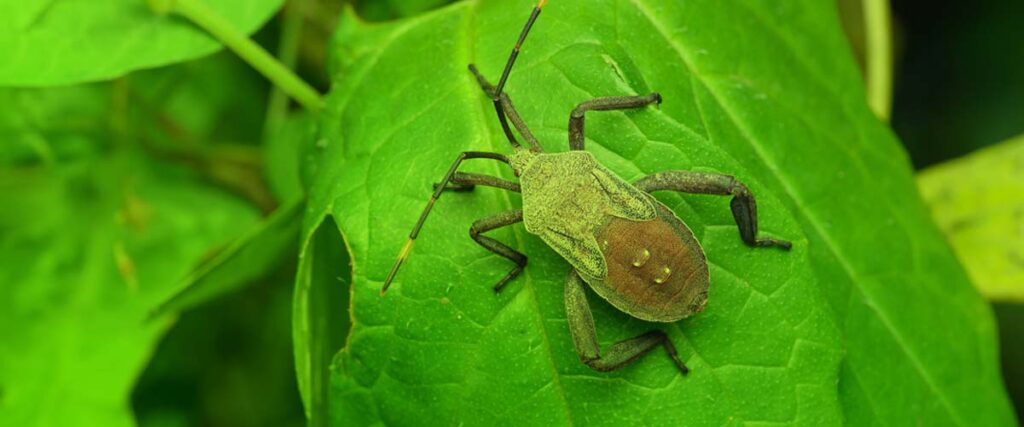
Popular Eco-Friendly Pest Control Methods
Unleash the power of eco-conscious pest control with these popular methods that are both effective and environmentally friendly. There are several eco-friendly pest control methods available, such as:
- Biological control – This method uses natural enemies, such as predators or parasitoids, to control pests by reducing their population. It is effective in providing long-term pest management.
- Organic pesticides – Natural or non-toxic products derived from plants or minerals. They also target specific pests and effectively control them without harming beneficial organisms.
- Physical barriers – These include nets, fences, or screens that act as barriers to prevent pests from entering or accessing specific areas. They are effective in keeping pests out but may not eradicate existing infestations.
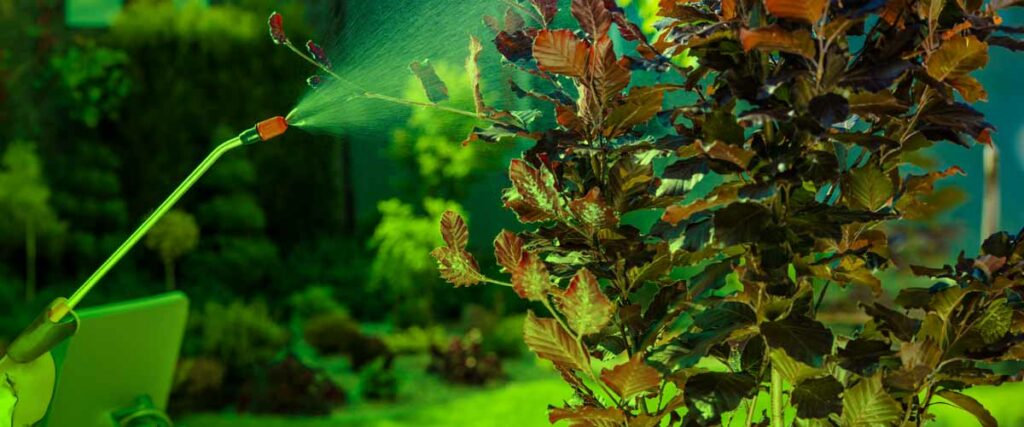
The Role of Integrated Pest Management (IPM)
Integrated Pest Management (IPM) is a comprehensive pest control method that integrates various eco-friendly strategies to manage pests and minimize reliance on pesticides effectively. It incorporates techniques such as:
- Biological control
- Habitat modification
- Monitoring
- Pest exclusion
In addition, by combining various methods, IPM aims to prevent and manage pest problems while minimizing environmental impact and ensuring long-term sustainability.
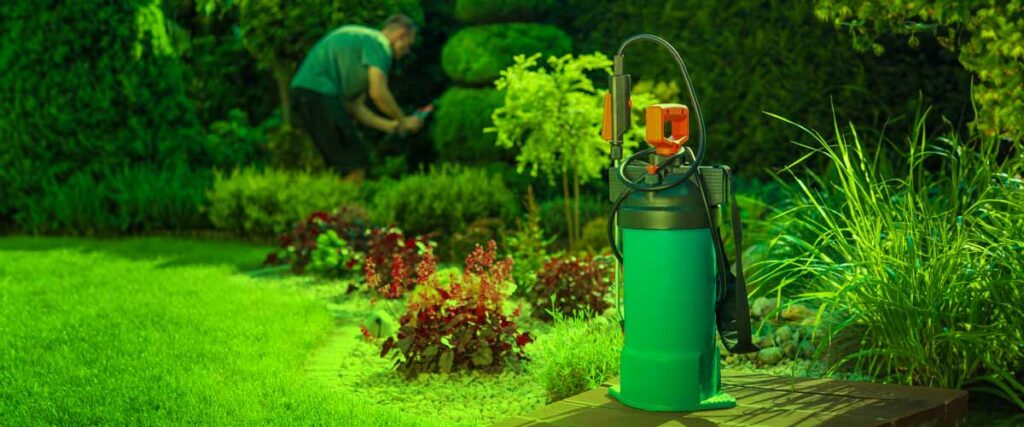
Choosing Eco-Friendly Pest Control Products
When selecting pest control products, choosing safe and sustainable ones is essential. Here’s how to determine safe and sustainable pest control products:
- Check for eco-friendly certifications
- Read product labels carefully
- Consider the product’s ingredients
- Think about packaging and waste reduction
The following are certifications or labels to look for that indicate eco-friendliness:
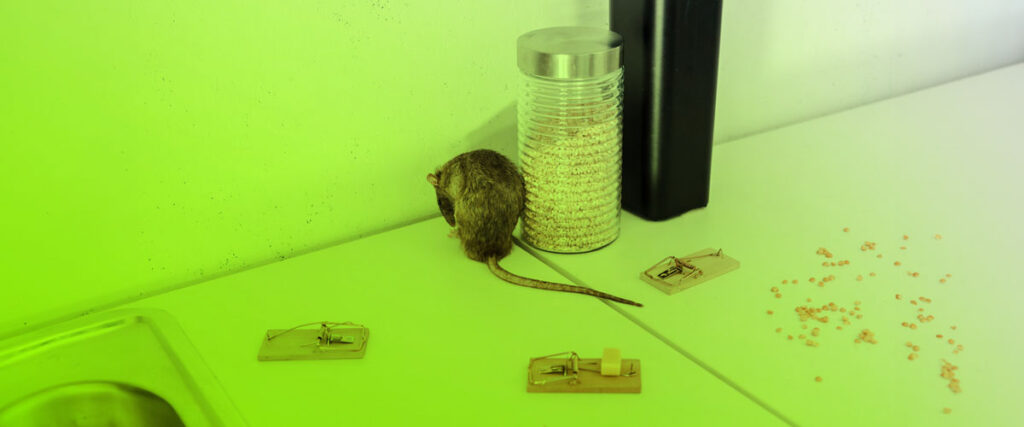
DIY Eco-Friendly Pest Control Solutions
Alongside eco-friendly pest control products that are commercially available, there are numerous effective do-it-yourself solutions for managing common household pests without causing harm to the environment. For example:
- Use peppermint oil to deter ants and spiders.
- Create a solution of vinegar and water to repel insects.
- Sprinkle diatomaceous earth in areas with crawling pests like roaches.
Natural ingredients and safe practices are crucial for eco-friendly pest control. By using DIY solutions, you can avoid harmful chemicals while effectively managing household pests. It’s a win-win situation for your family’s health and the environment’s well-being.
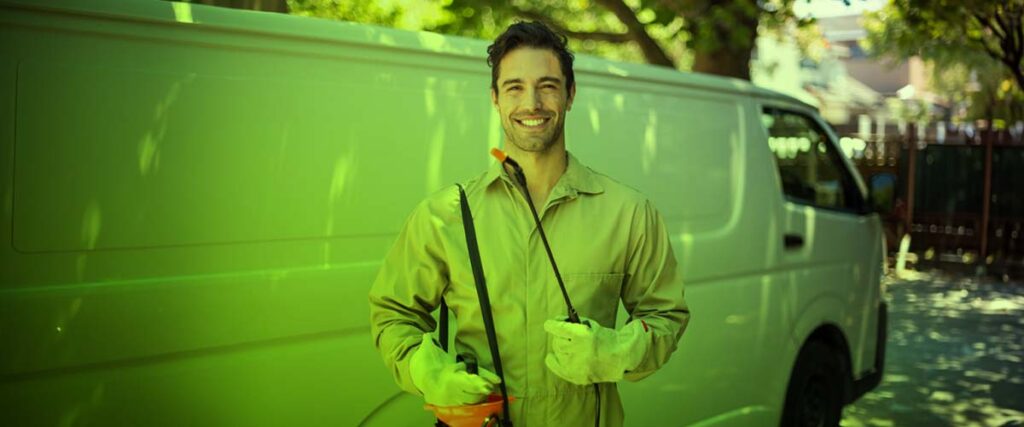
Professional Eco-Friendly Pest Control Services
For larger infestations or complex pest problems, it is advisable to seek the help of professional eco-friendly pest control services. The following are the advantages of hiring professional eco-friendly pest control services:
- Expertise in safe and effective pest control methods.
- Use of eco-friendly and non-toxic products.
- Long-term prevention of pest issues.
Here are some tips for selecting a service provider committed to sustainability, such as:
- Look for certifications and eco-friendly labels.
- Inquire about their pest control techniques, emphasizing integrated pest management.
- Ask about their use of organic or natural-based treatments.
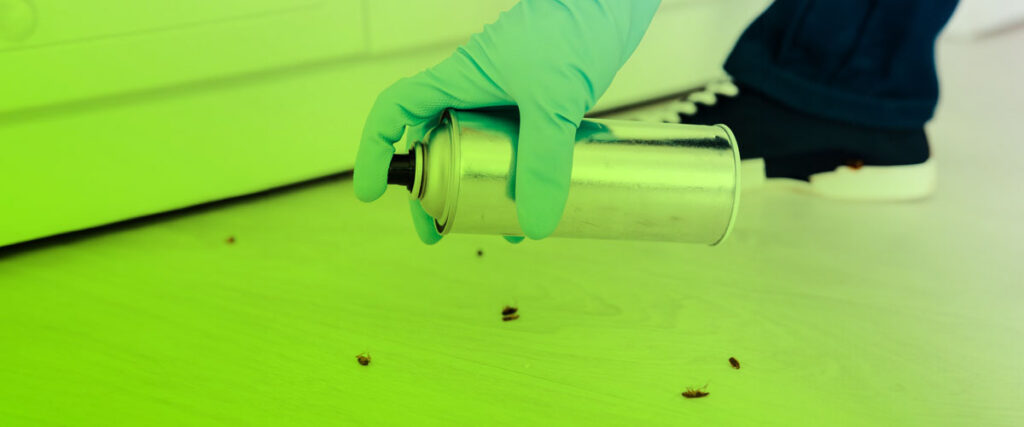
The Impact of Eco-Friendly Pest Control on the Environment
Eco-friendly pest control contributes to environmental conservation by minimizing harmful chemicals, reducing pollution, and promoting sustainable pest management practices.
Long-term benefits for biodiversity and ecosystem health include the following:
- Preservation of beneficial insects and animals.
- Prevention of chemical pollution in soil, water, and air.
- Maintenance of a natural balance in ecosystems.
- Reduction in the risk of disrupting biodiversity and ecosystem functioning.

Eco-Friendly Pest Control and Public Health
Using eco-friendly pest control methods also positively affects public health by decreasing the usage of toxic chemicals and reducing the associated risks of exposure. The benefits of reducing chemical use in pest control that benefit overall community health include:
- Improved air and water quality
- Reduced exposure to toxins
- Fewer adverse health effects
- Promotes overall community health and well-being
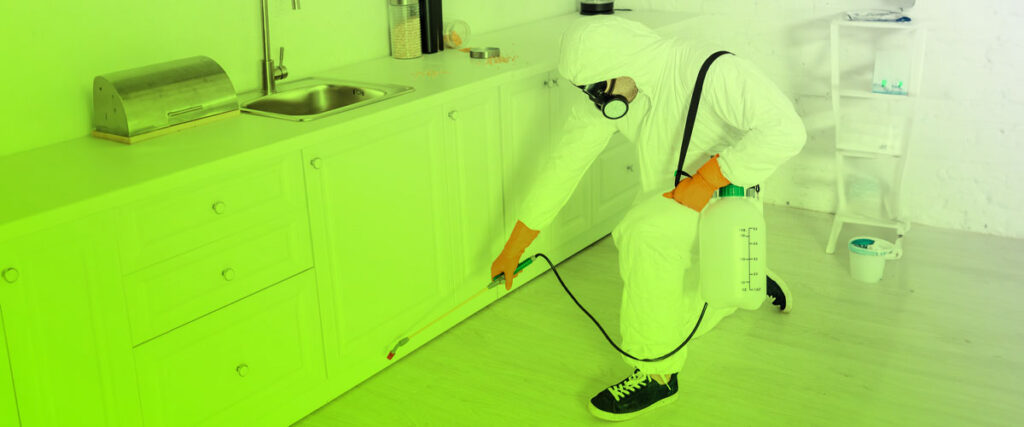
Future Trends in Eco-Friendly Pest Control
Emerging trends and innovations in eco-friendly pest control have the potential to improve sustainability in pest management further. These advancements include the following:
- Integrated Pest Management (IPM) – Combines biological control, cultural practices, and targeted pesticides to minimize environmental impacts in pest management.
- Biological Pest Control – Using natural enemies to manage pests is also becoming increasingly popular, eliminating the necessity for chemical pesticides.
- Technology – Advancements such as remote monitoring and automated pest detection ensure precision and reduce unnecessary pesticide use.
- Genetic Control – Genetic engineering also explores pest-resistant crops and sterile insects for sustainable pest control solutions.

Sustainable pest control: Nature’s best defense!
Finally, embracing eco-friendly pest control practices is crucial for a greener future. Integrated Pest Management (IPM), biological control, technological advancements, and genetic control offer sustainable alternatives to chemical pesticides.
Furthermore, by adopting these practices, we can protect the environment, promote long-term ecological balance, and create a healthier planet for future generations. So, let’s take a stand and prioritize sustainable pest control to positively impact the world around us. Together, we can build a greener tomorrow!
References:
11-simple-eco-friendly-pest-control-methods. (2020, April 23). Retrieved from https://ecofriend.org/11-simple-eco-friendly-pest-control-methods/
USDA organic. (n.d.). Retrieved from https://www.usda.gov/topics/organic
Ecocert | Act for a more sustainable world. (n.d.). Retrieved from https://www.ecocert.com/en/home
Get certified or find certified products & services – Green Seal. (n.d.). Retrieved from https://greenseal.org/splash/
Safer Choice | US EPA. (2023, November 13). Retrieved from https://www.epa.gov/saferchoice

